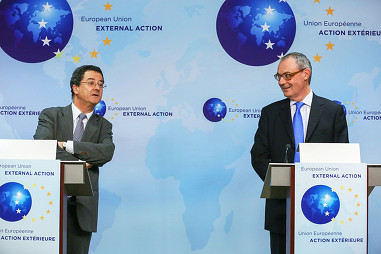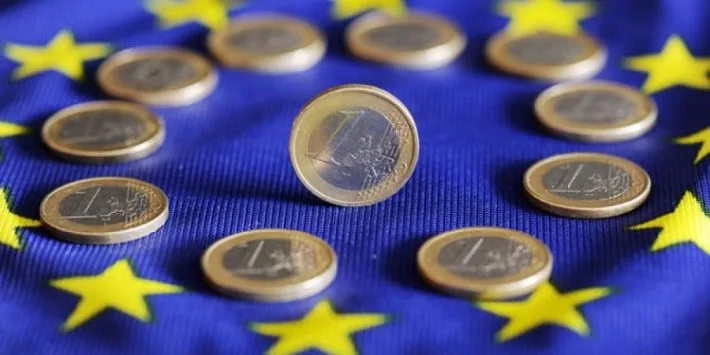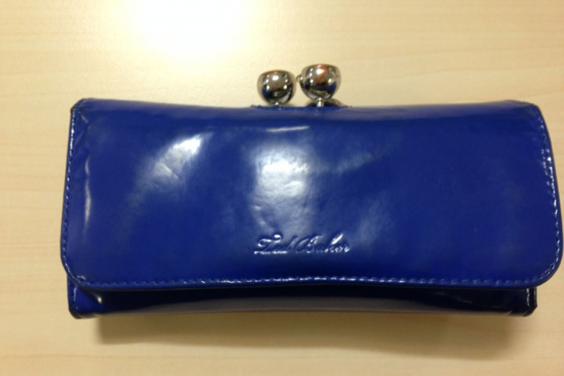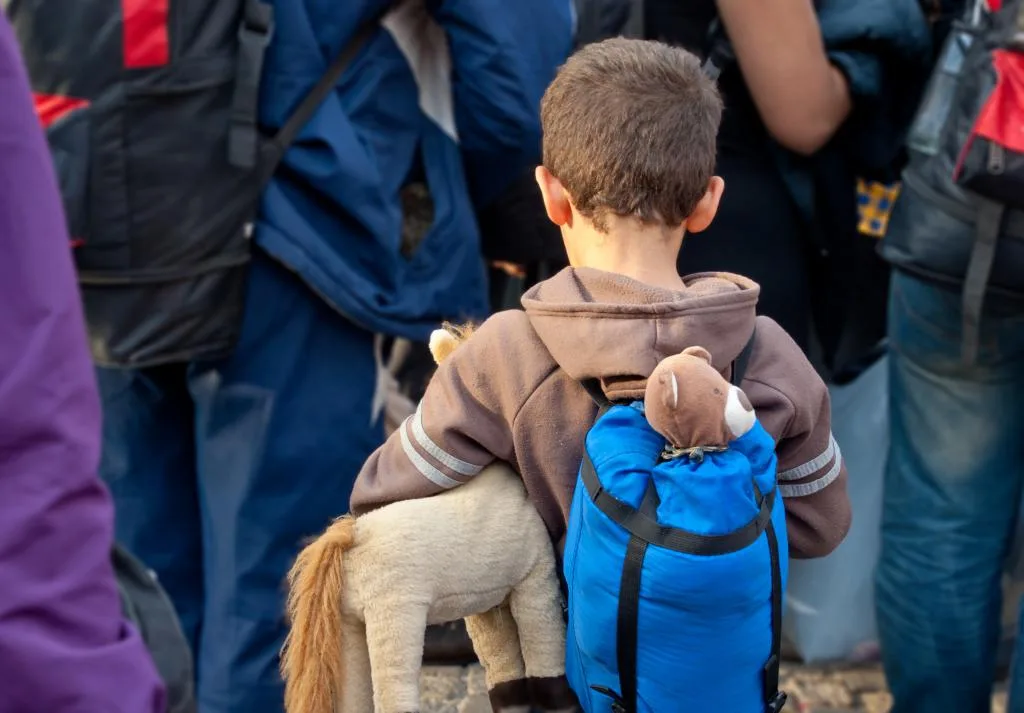“Technical” meeting in Brussels to state relationships will be held after the trouble of the immigration referendum. Meanwhile, Berne tries to understand how

Calm and collected. Relationships between the EU and Swiss Confederation are far too important to act hastily, piling troubles on troubles – both sides hence decided to take some time to reflect on the matter, avoinding definite decisions for a while.
First act of this break, the decision of unfreezing the institutional negotiate between EU and Switzerland, previously stopped by the Commission after the outcome of the Swiss immigration referendum. David O’Sullivan, Chief Operating Officer at the European External Action Service, presented his proposal of giving green light to the negotiations. A crucial round of negotiations, aiming at regulating the reatioships between the Union and the Confederation; among other issues, the choice of the European Court of Justice as competent court for any dispute between the parties. The note was issued by O’Sullivan after a meeting with Yves Rossier, State Secretary at Swiss Foreign Affairs Department. The meetin lasted shorter than expected, about fifteen minutes – the fact is, there was not much to be discussed, and in particular, Switzerland hasn’t much to say at the moment. They decided to avoid stopping the ongoing negotiations and relationships, and in the meantime Swiss authorities are to work on the effects of the amendment of the Constitution voted by the majority of citizens: which kind of treaties become ineffective and must be dropped, which are hindered and so on? Lots, probably, dozens. The core of bilateral relationships could be subverted.
“Nothing is changing right now,” said Rossier, “nor for the next two years, the time needed to implement the amendments, and everything is to stay as it is both for citizens and for companies. We have to analyze wether it is possible to implement the referendum outcome respecting the agreement on free movement, but I think it is not.” If the Federal Council will share his view, “we still want to proceed with bilateral treaties on everything else. The dialogue with the EU is essential for us.”
Yet, O’Sullivan said that the results of the referendum “can have crucial effects in the future, the agreements are connected one to the other. We respect the outcome of the referendum, but we want to underline that freedom of movement is a fundamental core value as much as direct democracy in Switzerland.” Furthermore, the Union expects Switzerland to decide on the entrance of Croatian persons – now communitarian citizens – into its borders, and cannot accept any kind of limitation.
“We are waiting for Swiss proposals,” stressed O’Sullivan, “we understand that the amendment of the Constitution is not a little issue to be solved. We should use this time to discuss the problem and look at the totality of our relationship, we are friends, even more, we are family. The solution will affect lots of people. But we haven’t found a magic solution yet.”
Dealing with Horizon2020, a European research programme very important for Switzerland, the EU said they are not excluding anyone but “we are waiting for the Swiss authorities to understand wether they can sign the protocol, given the referendum result.”
Everyone hopes in a solution – which can be found only by the Confederation. The Union can wait, yet “no solution could be a true damage for each of us,” he added. Befor Easter, said Rossier, there will be a new meeting on the issue. In the meantime, “we will analyse the situation as things settle down.”


![La bandiera della Regione Lombardia [foto: Wikimedia Commons]](https://www.eunews.it/wp-content/uploads/2022/09/lombardia.png.webp)







![L'assemblea della Repubblica è il Parlamento del Portogallo [foto: Sharon Hahn Darlin/Wikimedia Commons]](https://www.eunews.it/wp-content/uploads/2025/05/Assemblea-Portogallo-120x86.jpg)

